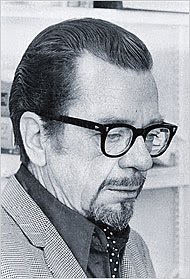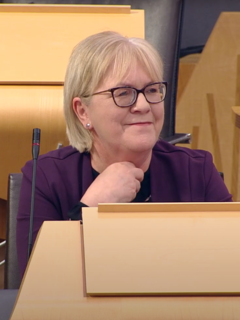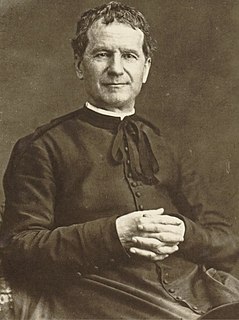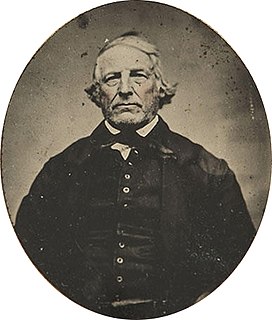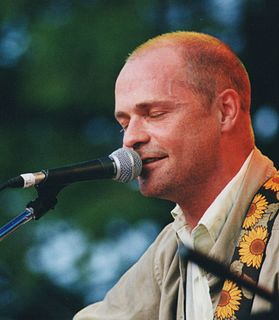A Quote by John Locke
If by gaining knowledge we destroy our health, we labour for a thing that will be useless in our hands.
Related Quotes
It seems to me that the moralist is the most useless and contemptible of creatures. He is useless in that he would expend his energies upon making judgments rather than upon gaining knowledge, for the reason that judgment is easy and knowledge is difficult. He is contemptible in that his judgments reflect a vision of himself which in his ignorance and pride he would impose upon the world. I implore you, do not become a moralist; you will destroy your art and your mind.
Upon this subject, the habits of our whole species fall into three great classes--useful labour, useless labour and idleness. Of these the first only is meritorious; and to it all the products of labour rightfully belong; but the two latter, while they exist, are heavy pensioners upon the first, robbing it of a large portion of it's just rights. The only remedy for this is to, as far as possible, drive useless labour and idleness out of existence.
Health is God's great gift, and we must spend it entirely for Him. Our eyes should see only for God, our feet walk only for Him, our hands labor for Him alone; in short, our entire body should serve God while we still have the time. Then, when He shall take our health and we shall near our last day, our conscience will not reproach us for having misused it.
Style has a profound meaning to Black Americans. If we can’t drive, we will invent walks and the world will envy the dexterity of our feet. If we can’t have ham, we will boil chitterlings; if we are given rotten peaches, we will make cobblers; if given scraps, we will make quilts; take away our drums, and we will clap our hands. We prove the human spirit will prevail. We will take what we have to make what we need. We need confidence in our knowledge of who we are.
Some spiritual traditions view the moment of birth as a passage from a state of wholeness and knowledge to a state of forgetting. In this view of the world, we spend the rest of our lives searching for wholeness and knowledge, wellness and health-the balance and harmony we lost when we were born. If our wholeness is interrupted, then our health suffers, and we need to find a way to restore our sense of meaning. When we move in the direction of that meaning, we're healing.
We have heard of a Society for the Diffusion of Useful Knowledge. It is said that knowledge is power, and the like. Methinks there is equal need of a Society for the Diffusion of Useful Ignorance, what we will call Beautiful Knowledge, a knowledge useful in a higher sense: for what is most of our boasted so-called knowledge but a conceit that we know something, which robs us of the advantage of our actual ignorance? What we call knowledge is often our positive ignorance; ignorance our negative knowledge.
The more we understand what is happening in the world, the more frustrated we often become, for our knowledge leads to feelings of powerlessness. We feel that we are living in a world in which the citizen has become a mere spectator or a forced actor, and that our personal experience is politically useless and our political will a minor illusion.

